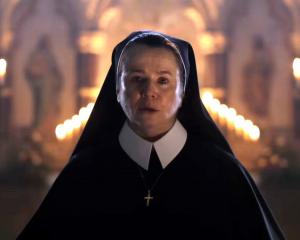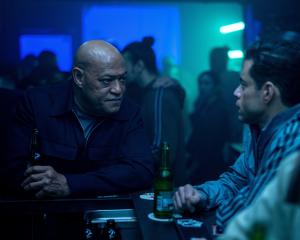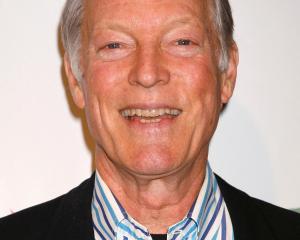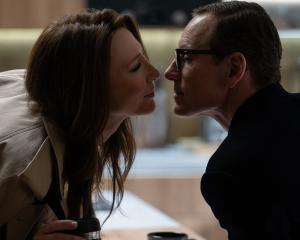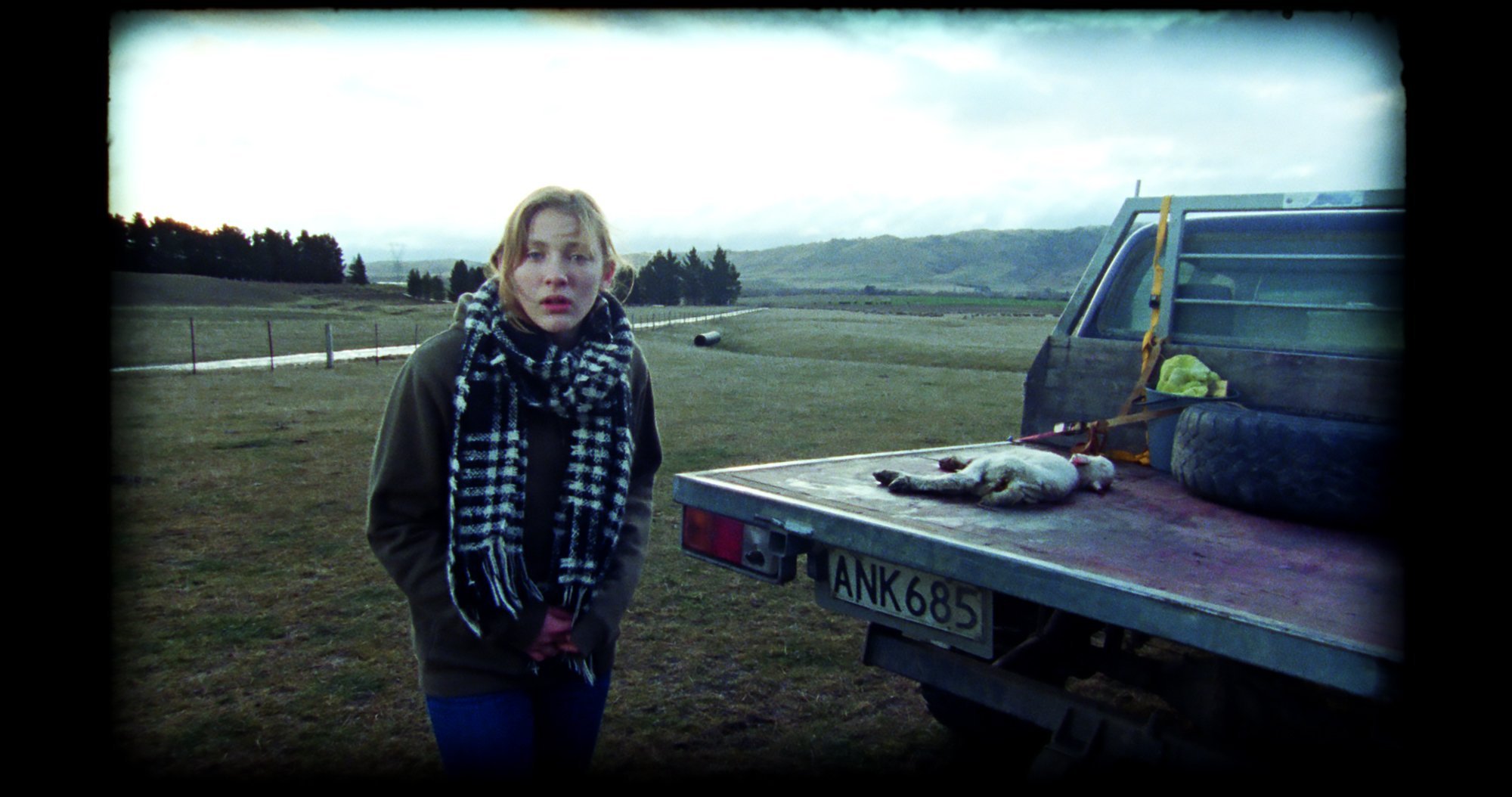
Some of the difficulties Rebecca Tansley met making her short film The Finding were beyond her control.
Others, were more self-inflicted.
Take for example, the decision to use 16mm film. Not only is it less than readily available in these days of the digital device, but you can’t get it developed in New Zealand. And that’s just the start of it.
However, Tansley was determined to caption the action in a way that would contribute to the themes her film was exploring.
The Finding tells the story of a teenager’s efforts to reconnect with her estranged father, on his isolated Ida Valley farm. He’s become trapped in his past by a secret she needs to know in order that she can help.
Tansley says she wanted to create a feeling of being stuck in time, because the farmer, Sanders, was stuck in time, unable to move on from what he’d done.
‘‘I saw a film and I thought, ‘that’s the kind of look I need, that kind of stuck in time feel’,’’ she explains.
The film, Happy as Lazzaro (or Lazzaro felice, in the original Italian), was shot on 16mm.
So, Tansley talked to her director of photography Simon Raby and the film stock was duly ordered, from Kodak, in the US.
They also had to find a camera that could shoot using 16mm, and managed to track one down gathering dust on a shelf.
That was just the start of it.
‘‘And then when we were shooting, we had to physically carry the film stock down with us and try to talk our way through security so they wouldn’t put it through the x-ray machines,’’ the formerly Dunedin-based but now Auckland resident film-maker says.
Old-school film stock and x-ray machines don’t mix, but try explaining that to people under 40 who have never bought a roll of film in their lives.
While the film stock provides atmosphere, you have to work to get it, she says, as it requires more light.
‘‘Midwinter in Central Otago is not exactly a time known for lots of light. So that was literally chasing the daylight a lot of the time.’’
Further, they had only so many reels.
‘‘We figured out how many reels of film we could get away with and then you had to literally count the feet, as it goes through the camera. ‘How many feet do we have left?’.’’
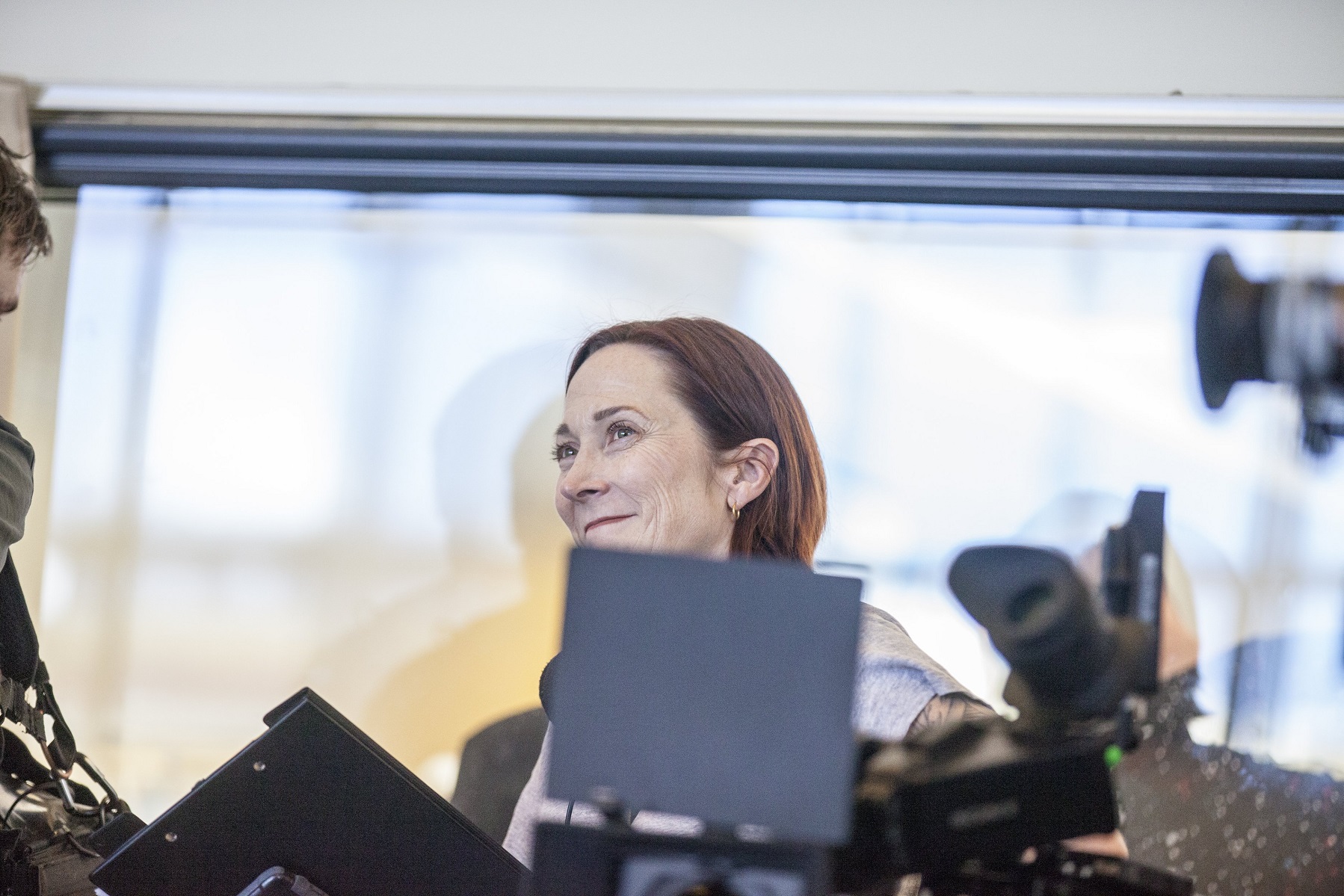
‘‘I started writing it immediately after I left Dunedin, funnily enough, so that was in 2010.’’
Indeed, it’s a bit of an homage to Otago, she says.
‘‘I had lived there for 15 years and spent a reasonable amount of time up in Central as well.’’
Over the years she’d go back to the script, tweak it.
Then it just seemed time to make it, except that Covid had arrived on cue, but in the end the production ducked and dived and managed to get on location for the main shoot in July 2020, at level two.
There were other lesser hurdles still to clear, including filming challenges at Dunedin Airport, the setting for the film’s opening scene.
‘‘It was really funny because we cast a whole lot of extras, there were 30 extras or something, because I needed a plane load full of people. And to shoot them coming out of the arrivals gate, every time we did that they had to go back through security to get in through that area,’’ Tansley remembers with a laugh.
On the day, low cloud and drizzle had settled over Momona, so flights were being delayed and circling the airport, complicating things.
The kernel of the film’s story started with the question of what might happen if a parent left their children alone, Tansley says.
‘‘If a parent does that, most of the time nothing happens, right, fortunately. But then, what if that isn’t the case, what if the kids wake up and wonder where the parent has gone. And that’s really where it came from.’’
It’s the sort of scenario that could play out anywhere, but for some reason for her it had to be a rural setting, Tansley says.
‘‘I guess the theme of rural isolation is strong and that landscape, it’s beautiful, I love it, but there’s something about it that feels quite isolated. I guess my brain subconsciously just set it there and that’s what I went with.’’
Having set up the scenario, Tansley says she was interested in exploring the idea of forgiveness.
‘‘I was interested in the idea that the daughter, Lucy, is actually the bigger person and can forgive her father for what he did, whereas her father’s the one who has been unable to move on.’’
That’s in hindsight though, she admits, it wasn’t necessarily what she set out to write in 2010.
‘‘I think that has become clearer to me as I have written and subsequently made the film.
‘‘Things happen in families all the time, right. And how do you move on from that, that was what I was interested in.’’
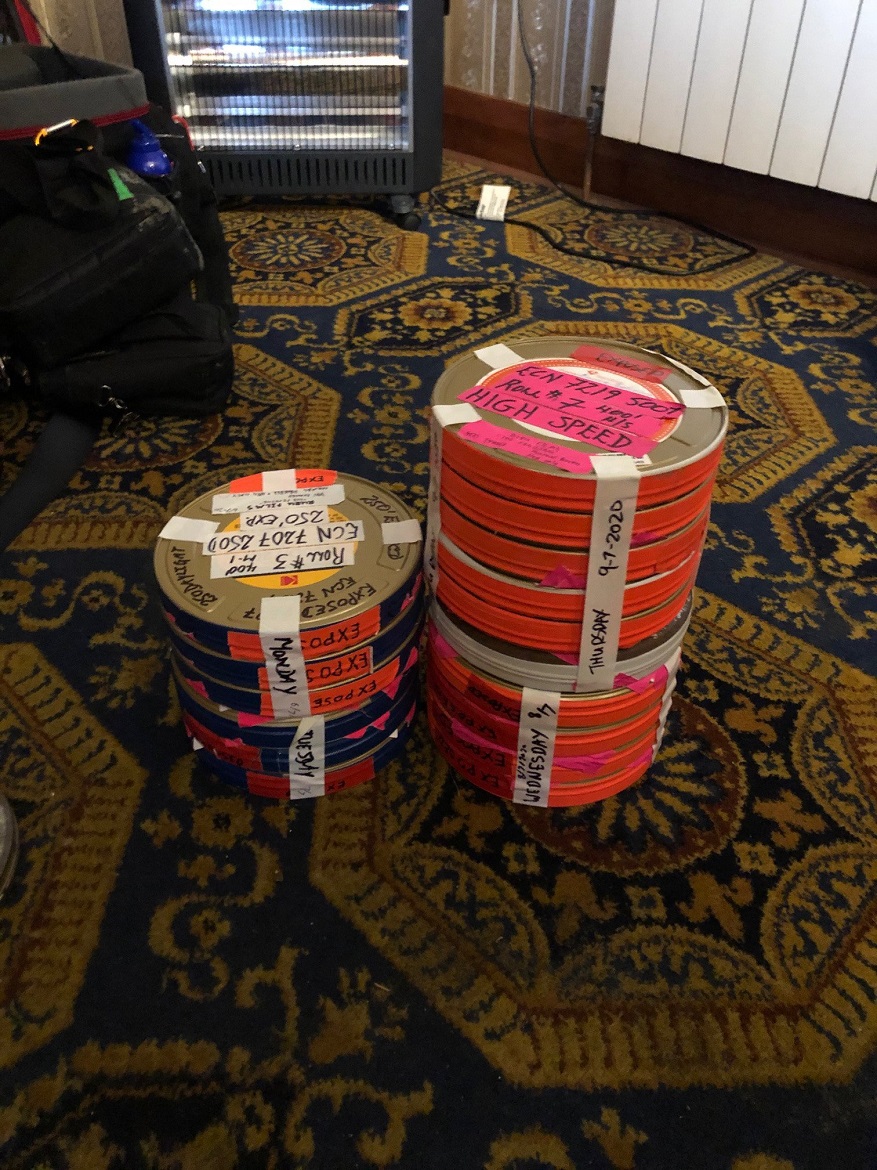
Their conversation struggles to rise above the perfunctory, and yet is freighted with barely concealed emotion.
It means every line in the script has to count.
‘‘It is a process of distillation, so these things can take a bit of time,’’ Tansley says of the process of getting to the final script.
Even some of the lines they filmed didn’t make the final cut.
‘‘It is remarkable how little dialogue you actually need.
‘‘It depends on the story obviously, I mean, there are plenty of examples of great films with lots of amazing dialogue.’’
But it’s about what the story demands. In a film such as The Finding where extemporising would be out of place, the words given to the characters need to do a job.
‘‘They have to do a lot of heavy lifting in a short film,’’ Tansley says.
‘‘I suppose, particularly, this is quite a big story to fit into a short amount of time.
‘‘I would love to have the knack of doing those short films which are actually about very small moments. I kind of feel this is a bit of an epic, packed into 20 minutes.’’
If the Central Otago setting does not sufficiently place the film in the South, the music does. The soundtrack includes songs by Dunedin Sound bands Sneaky Feelings, The Straitjacket Fits and The Verlaines. It also features part of the poem Song by James K. Baxter set to music by Dunedin composer Anthony Ritchie and sung by Walton.
The music of those classic Dunedin bands was always in her head, Tansley says.
‘‘I can remember driving along the motorway up here and [Sneaky Feelings song] Husband House came on the radio.’’
‘‘I though, ‘oh my God, that’s the song, I have to have that song, that’s the opening song’. It’s just the mood. There’s something about the mood of those tracks, which you can’t really put your finger on. Well, that’s what I think anyway.’’
The film
- The Finding is screening as part of the Show Me Shorts Film Festival.
- Show Me Shorts Film Festival selection The Sampler screens at Rialto Cinema, Dunedin on Sunday October 30.


